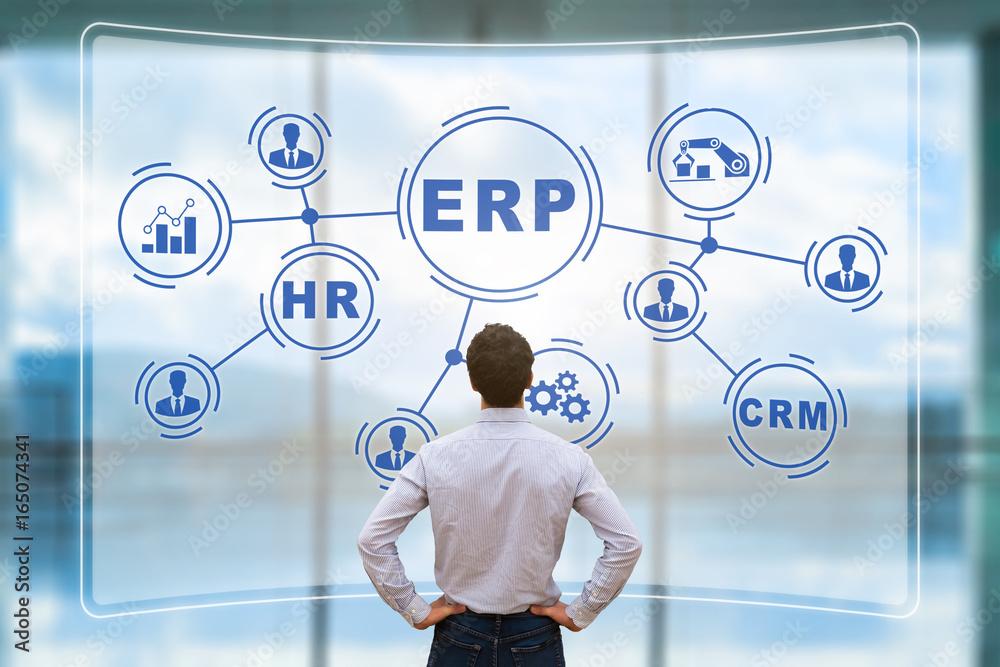Enterprise Resource Planning (ERP) software is an essential tool that can help businesses of all sizes and industries improve their operations and drive growth. In this blog, we’ll explore the key reasons why ERP is so important for businesses, in a friendly and easy-to-understand way.
Improved Efficiency: With ERP software, businesses can automate routine tasks and streamline their processes, resulting in improved efficiency and productivity. This means employees can spend more time on value-added tasks, which can have a positive impact on the bottom line.
Better Data Management: ERP software provides a centralized database that stores all business data. This makes it easier to manage and access data, which is critical for making informed business decisions. The data can be analyzed in real-time, providing insights that can help businesses stay ahead of the competition.
Enhanced Collaboration: ERP software enables teams to work together more effectively by sharing data and collaborating on projects in real-time. This can improve communication and coordination, resulting in better outcomes. Employees can work together seamlessly, regardless of their location or time zone.
Increased Visibility: ERP software provides real-time visibility into business processes and operations. This makes it easier to identify issues and bottlenecks, and respond quickly to changing business conditions. Businesses can monitor their operations in real-time, ensuring that they are always aware of any potential issues.
Scalability: As businesses grow and evolve, they need software that can scale with them. ERP software is designed to be flexible and customizable, making it easier to adapt to changing business needs. Businesses can add new modules and functionalities as they need them, without disrupting their existing processes.
Regulatory Compliance: ERP software can help businesses stay compliant with regulations by providing tools for tracking and reporting on compliance-related activities. This is especially important for businesses operating in highly regulated industries.
Cost Savings: By streamlining processes, reducing errors, and improving productivity, ERP software can help businesses save money in the long run. This can have a significant impact on the bottom line, especially for businesses operating in highly competitive markets.
Competitive Advantage: By implementing ERP software, businesses can gain a competitive advantage by improving efficiency, reducing costs, and delivering better customer service. This can help businesses differentiate themselves from their competitors and attract new customers.
In conclusion, ERP software is a critical tool for businesses that want to improve their operations and drive growth. By improving efficiency, data management, collaboration, visibility, scalability, regulatory compliance, cost savings, and competitive advantage, ERP software can help businesses stay ahead of the competition and achieve their goals.




